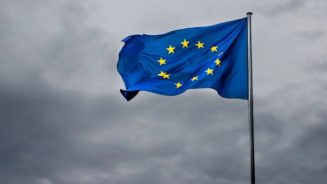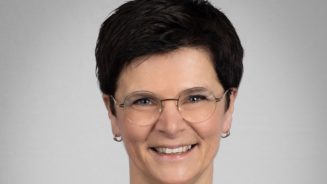Noting that the country rode out the post-2008 global financial crisis relatively well, particularly compared with some of its eurozone neighbours, they said they hoped that they the new government will not attempt to change elements of the previous government’s economic strategy that contributed to its apparent strength.
Joseph Bannister, chairman of the Malta Financial Services Authority, said a change of direction that would affect the financial services sector was extremely unlikely, given that in 1994, both parties agreed to a "consensus" approach in this area.
"In fact, when the MFSA needs to pass legislation through parliament, there has never been a vote," Bannister added.
"In the run-up to the this general election, both parties have [re-]pledged consensus and declared that there will be continuity.
"So business as usual."
Mark Hollingsworth, head of Hollingsworth International Financial Services, which looks after expatriates living in Malta, said he hoped that the new government would encourage "even more foreign investment and schemes to attract funds to the country".
Being an expatriate himself, he noted that he was therefore not able to vote, and watched the election from the sidelines.
"A lot of hard work has been done over the last five to ten years" to build Malta’s financial services industry, Hollingsworth added, "and this needs to continue."
Flag-waving crowds
Press reports late on Monday, Malta time, described flag-waving crowds in the streets of Malta’s capital city of Valletta, as 39-year-old Joseph Muscat was sworn in as the country’s thirteenth prime minister. Muscat’s margin of victory was reported to be the widest since the country became independent in 1964.
Afterwards, Muscat gave a brief speech, in which he said the victory by his party represented a “generational change in politics", and vowed that his administration would focus on Malta’s economic and energy policies.
He also vowed that his government would be “a ‘European’ one".




